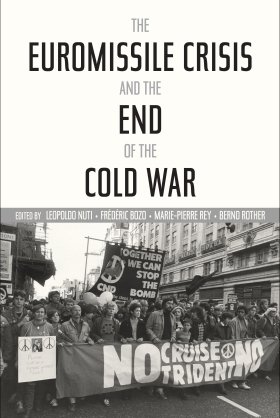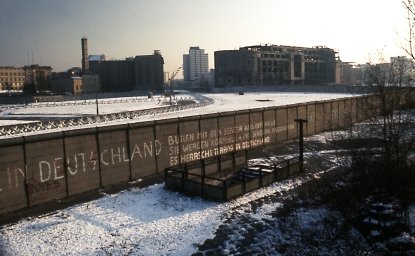The Euromissile Crisis and the End of the Cold War

-
In the late 1970s, new generations of nuclear missile delivery systems were proposed for deployment across Eastern and Western Europe. The ensuing controversy over their deployment grew into a key phase in the later years of the Cold War. The Euromissile Crisis and the End of the Cold War explores the origins, unfolding, and consequences of that crisis. Contributors from international relations, political science, sociology, and history draw on extensive research in a number of countries, employing declassified documents from the West and from the newly opened state and party archives of many Soviet bloc countries. Chapters examine the crisis in relation to the superpowers, NATO, the Warsaw Pact, and the role of worldwide public opinion, among other topics.
Leopoldo Nuti is professor of history of international relations and coordinator of the doctoral program in political studies at Roma Tre University. Frédéric Bozo is a professor of contemporary history in the Department of European Studies at the Sorbonne Nouvelle (University of Paris III). Marie-Pierre Rey is a professor of Russian and Soviet history and director of the Slavic Research Center, University Paris I Panthéon-Sorbonne. Bernd Rother is a researcher and deputy managing director of the Chancellor Willy Brandt Foundation.
Editors
 Leopoldo NutiCo-Director, Nuclear Proliferation International History Project, and Member, History and Public Policy Program Advisory BoardFrédéric BozoPublic Policy Scholar;
Leopoldo NutiCo-Director, Nuclear Proliferation International History Project, and Member, History and Public Policy Program Advisory BoardFrédéric BozoPublic Policy Scholar;
Professor, Department of European Studies, the Sorbonne, University of Paris IIIBernd RotherVice-Executive Director, Federal Chancellor Willy Brandt FoundationBrowse Insights & AnalysisExplore More
Browse Insights & Analysis



